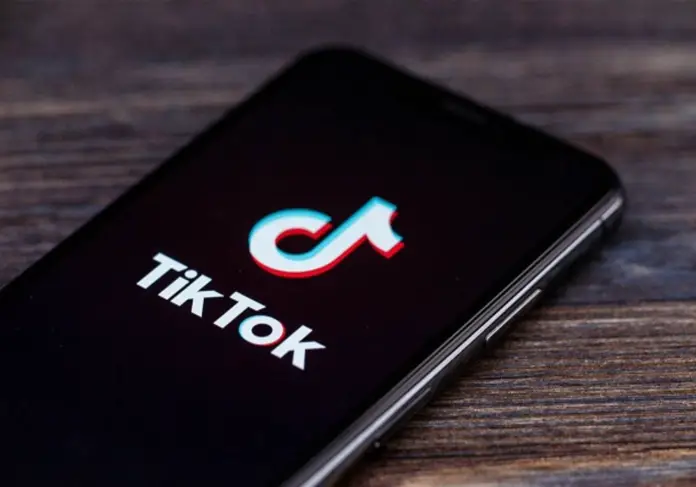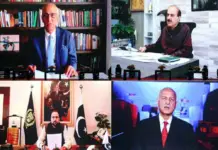On May 9th, Imran Khan, the Chairman of the Pakistan Tehreek-e-Insaf (PTI) party, was arrested from the premises of the Islamabad High Court (IHC). Shortly after his arrest, a series of violent protests erupted throughout the country. Within a few moments, videos of Imran Khan’s arrest and the protests began circulating on various social media platforms.
In response to the political chaos and to control the mobilization of people through social media, the authorities took prompt action by disabling mobile internet services and blocking public access to Twitter, YouTube, and Facebook. The objective behind these measures was to maintain law and order and prevent the dissemination of inflammatory content through social media platforms. By restricting access to these platforms, the government aimed to control the situation and prevent further escalation of the unrest.
However, it appears that the government overlooked blocking TikTok, which turned out to be a powerful tool for political communication during the protests. TikTok’s immense popularity and reach, combined with PTI’s strong presence on the platform, provided the party with an alternative avenue to communicate with its supporters. PTI, with its million followers, used TikTok effectively as a means of reaching and mobilizing supporters.
TikTok has indeed emerged as an important tool for political communication in the Pakistan social media landscape, although its usage is primarily dominated by two political parties. Among them, PTI with its three million followers and over 167.4 million likes on its video content leading in terms of popularity and engagement. Whereas PML-N’s account has a considerably smaller following of 41,300 followers and just over 770,000 likes on its content.
With Twitter inaccessible due to government restrictions, PTI has effectively utilized TikTok as an alternative platform for political messaging. During the period encompassing Imran Khan’s arrest on May 9th and his release on May 12th, the PTI TikTok account posted a total of 164 videos with an average of 41 videos per day.
The impact of these videos was sufficient, receiving over 100 million views, 62 million likes, and generating 191,000 comments. They were shared by approximately 260,000 users. On average, each video received over 618,000 views, 378,000 likes, 1,165 comments, and 1,583 shares, demonstrating a high level of engagement from the audience.
The PTI used TikTok to share messages from party leadership. While television screens were focused on displaying scenes of violent protests, the PTI took a different approach by posting videos highlighting ‘peaceful’ demonstrations. Moreover, the PTI effectively utilized the platform to mobilize its workers by issuing calls for gatherings at specific locations in different cities.
The numbers clearly indicate that PTI had a significant advantage over TikTok during the mentioned period. The videos with the hashtag #fitnaarrested, including those shared by the PML-N and its followers, garnered around 2.7 million views. In contrast, videos with the hashtag #ReleaseImranKhan, used by PTI and its supporters, accumulated over 233.6 million views.
TikTok’s format allowed the PTI to convey its narrative centered around Chairman Imran Khan, highlighting his popularity, emphasizing the willingness of his supporters to make sacrifices for him, and portraying his fight for people’s rights, through short videos. This strategic use of TikTok helped the PTI to spread its political messages effectively.
TikTok which is commonly used by Generation Z (individuals born between 1997 and 2013) who make up nearly 39 percent of its total users primarily used it for recreational purposes. However, TikTok has now quietly transformed into a forum for engaging in serious debates on topics such as racial justice, climate change, politics, gender-based violence, and more.
The PTI has been recognized as a pioneer in leveraging social media platforms for political messaging, and their use of TikTok during recent political scenarios exemplifies this approach. Given TikTok’s increasing popularity and its ability to facilitate conversations on important societal and political issues, it is likely that the platform will be used by political parties in Pakistan for narrative building, political campaigning and engaging with voters.







